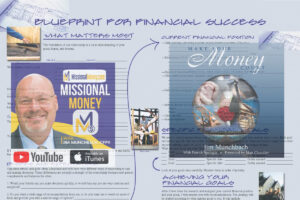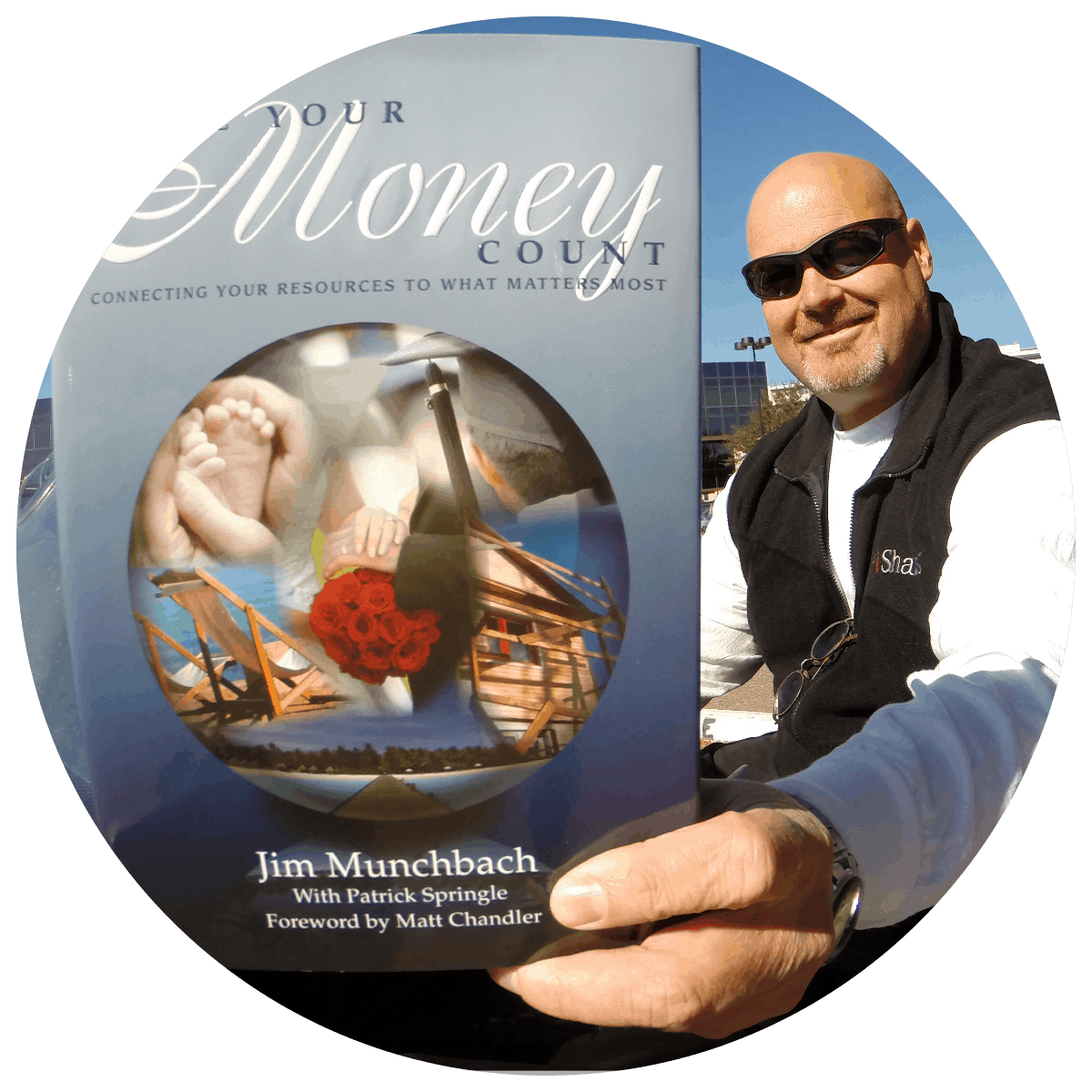“I don’t want to die for nothing. I want to die for something.” —Jack Bauer, 24
A while back, I watched one of the most amazing interviews I’ve ever seen. A national conference scheduled U2’s Bono to talk about his commitment to relieving the HIV/AIDS epidemic in Africa. To be honest, I thought he’d be the typical, self-absorbed rock star who mouthed a few platitudes but really didn’t have his heart in it.

I was wrong. Really wrong. With crystal clarity, Bono explained that his celebrity status is “insane,” but he wants to use it to accomplish something noble. He said that the church hasn’t been doing its part. He isn’t upset with Christ, he explained, but with Christians who claim to know Jesus but who don’t care about the things Jesus cared about. Bono quoted the passage in Matthew 25 about feeding the hungry, caring for the sick, and visiting prisoners. In these verses, Jesus said that when we care for “the least of these my brothers,” we are actually doing it for him.
The sign of a true Christian, Bono insisted, is the commitment to take action to relieve suffering. He has devoted his fortune, his time and energy, and his reputation to the monumental task of wiping out the AIDS epidemic in Africa, and he’s already making a profound difference.
As I watched the interview, I was struck with the biting insight that God has given me tremendous resources, too (not as much as Bono, but plenty), and I can choose to use everything I am and everything I own to make a difference in other people’s lives. When that interview began, I certainly didn’t expect the words of a rock star to penetrate my soul and inspire me to action. Bono’s interview was the tipping point to encourage me to do what I can do (as a financial planner) to help others connect their resources to what matters most.
We don’t have to have great wealth or a worldwide reputation to make a difference. All we need is heart. My wife Connie has been an elementary school teacher for 20 years, and her heart is in tune with Bono’s and Jesus’. Every year, I watch her devote herself to those young students. She genuinely cares for them as little people with hopes and hurts, dreams and fears.
After 20 years, she could put herself on autopilot, but she doesn’t. She still prepares for each day like it’s the most important day in those children’s lives. Over and over, I’ve seen her cry because a child is having difficulties at home, and Connie empathizes with that child’s pain. Parents tell me how much their children love Connie, and they talk about how their kids love to go to school and learn because Connie loves them and makes school an adventure for them. Do you remember your kindergarten teacher? These kids will remember theirs, and many of them will do a little better in school and in life because an obscure kindergarten teacher cared enough to pour her life and her love into them.
Defining or clarifying your sense of purpose is an essential element—actually, the essential element—in financial planning.

I’ve found that most people’s choices with finances only make sense when they’re moving in a clear, purposeful direction. If you try to make those decisions without a sense of purpose for your life, you’ll be easily sidetracked and end up confused and empty. Defining or clarifying your sense of purpose is an essential element—actually, the essential element—in financial planning. The needle on the compass of your life directs everything you are, everything you do, and everything you have.
Dead Ends
A few years ago, Connie and I took a vacation to Washington, D.C., and northern Virginia. I love history, and we enjoy visiting grand houses, so two of our stops were to George Washington’s Mt. Vernon and Thomas Jefferson’s Monticello. After touring the homes and listening to the guides talk about these men, I realized they were very different personalities. Powered by Purpose, but what purpose?

These two men fascinated me, so I studied their lives. I learned that Washington accepted the command of the Continental Army when that ragtag bunch had almost no hope against the British Redcoats, the most powerful army in the world. He risked everything for a cause that seemed doomed to fail, but his courage and resolution carried him and his men through long, difficult years of battle, death, disease, and bitter cold. As general and as the first president, Washington’s nobility and integrity guided him and our country. Over and over, people wanted this great man to become more of a king than a president, but he always humbly gave power away instead of insisting on more. After two terms, he chose to step away from power when he could easily have been president for life. When Emperor Napoleon heard that Washington had voluntarily stepped down, he was amazed. Faced with the thought of doing the same thing, he remarked, “I am no Washington!”

Jefferson’s crucial role in the founding of the country is undeniable. The beauty and power of his thoughts in the Declaration of Independence continue to inspire us today, but in his biography of John Adams, historian David McCullough describes a dark side in Jefferson’s life. During Washington and Adams’s administrations, Jefferson repeatedly schemed to tarnish Adams’ reputation, though he denied any involvement in these activities at the time. Instead of nobility and integrity, Jefferson’s political legacy reads more like Watergate.
In their financial dealings, Washington and Jefferson were poles apart. Both owned large plantations, and they experienced financial hardships in the early years of the country. Washington was disciplined and wise in his handling of money, and when he died, he had one of the wealthiest estates in the nation. In contrast, Jefferson spent money on frivolous things his entire life. His journals record lavish expenses for all manner of purchases, from the finest leather gloves to the best wines. To pay off his loans, Jefferson often sold slaves and broke up their homes. When he died, his estate was deeply in debt, and he left a legacy of selfishness, foolish spending, and shattered families.

William James wrote, “The greatest use of a life is to spend it for something that outlasts it.” Sadly, many people follow the example of Jefferson more than Washington. When I meet with clients, I typically ask questions about what matters most to them. Sometimes, I hear descriptions of wonderful, compelling purposes that inspire me, but sometimes people tell me that all they want in life is to have more money to spend on themselves. These people may be relentlessly driven to achieve success at all costs, or they may have inherited their wealth and be able to indulge every whim. Either way, their self-absorption causes them to miss out on rich relationships, the joy and peace of real contentment, and the thrill of seeing their lives touch others. They may have a lot of money and a lot of passion to have even more, but their paths lead eventually to dead ends.
We don’t have to have great wealth or a worldwide reputation to make a difference. All we need is to be #PoweredByPurpose
Smarter Planning – Better Results

Join Family Wealth Builder Academy in 2019 and I'll teach you a better way to plan for What Matters Most.



